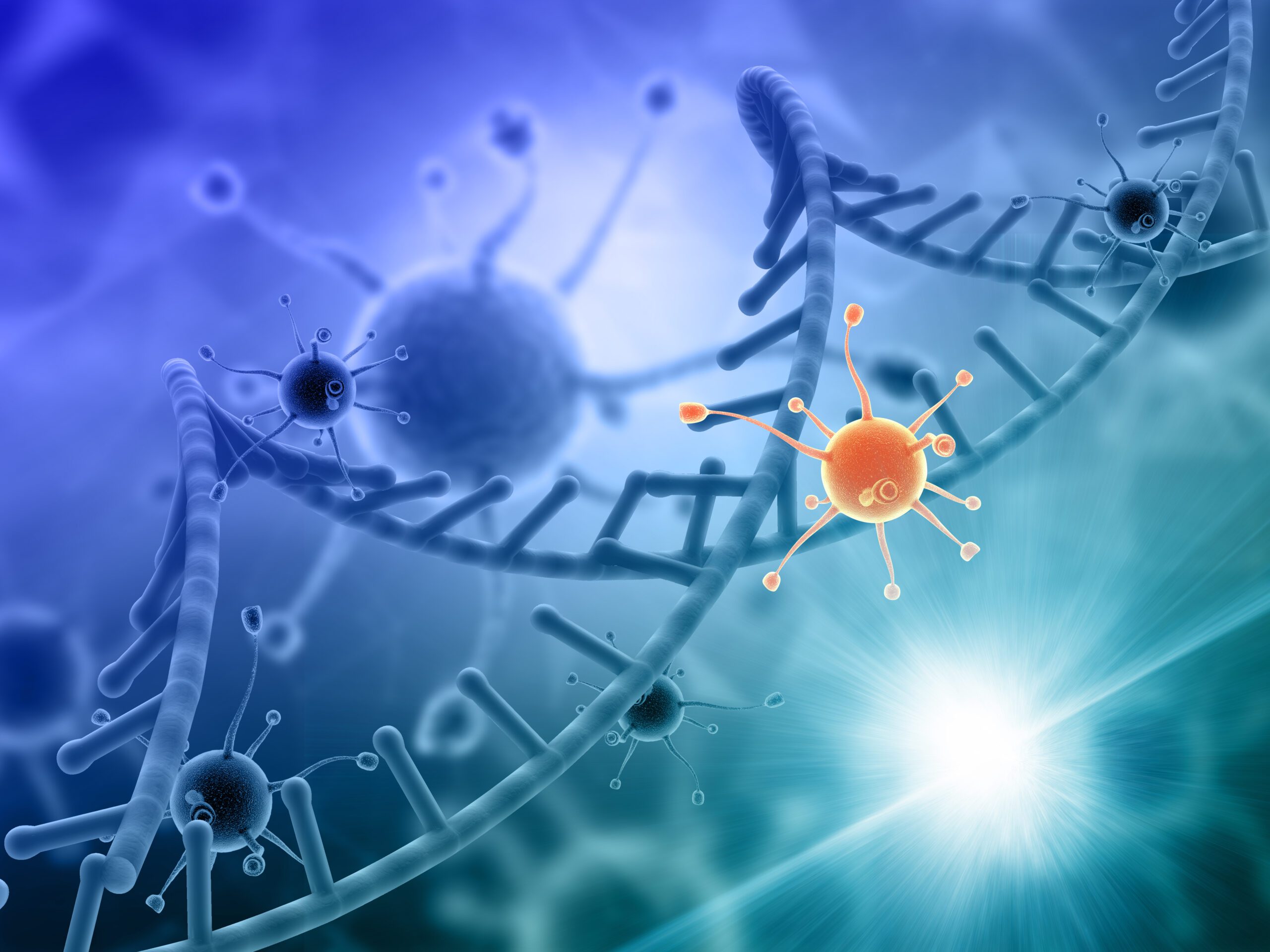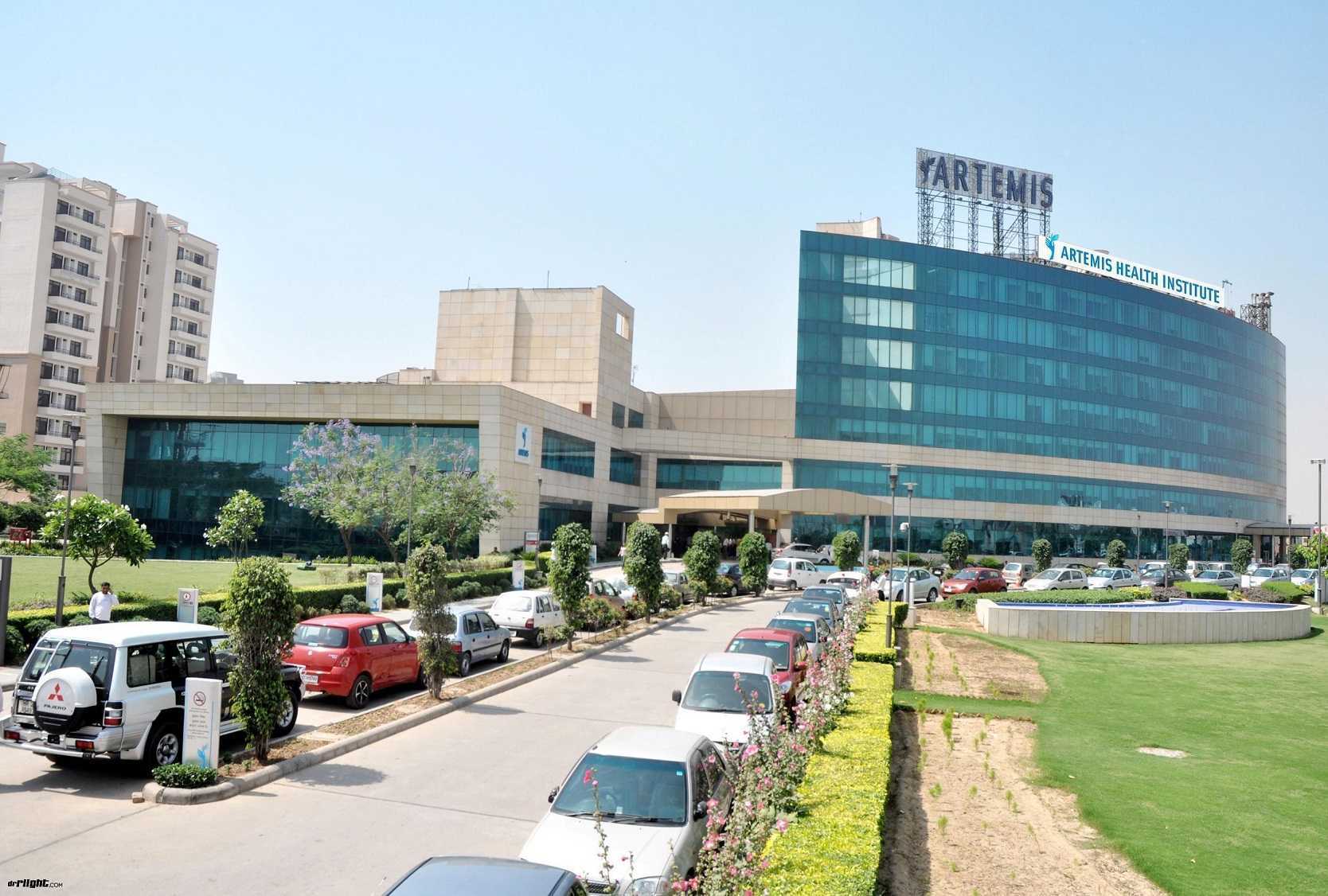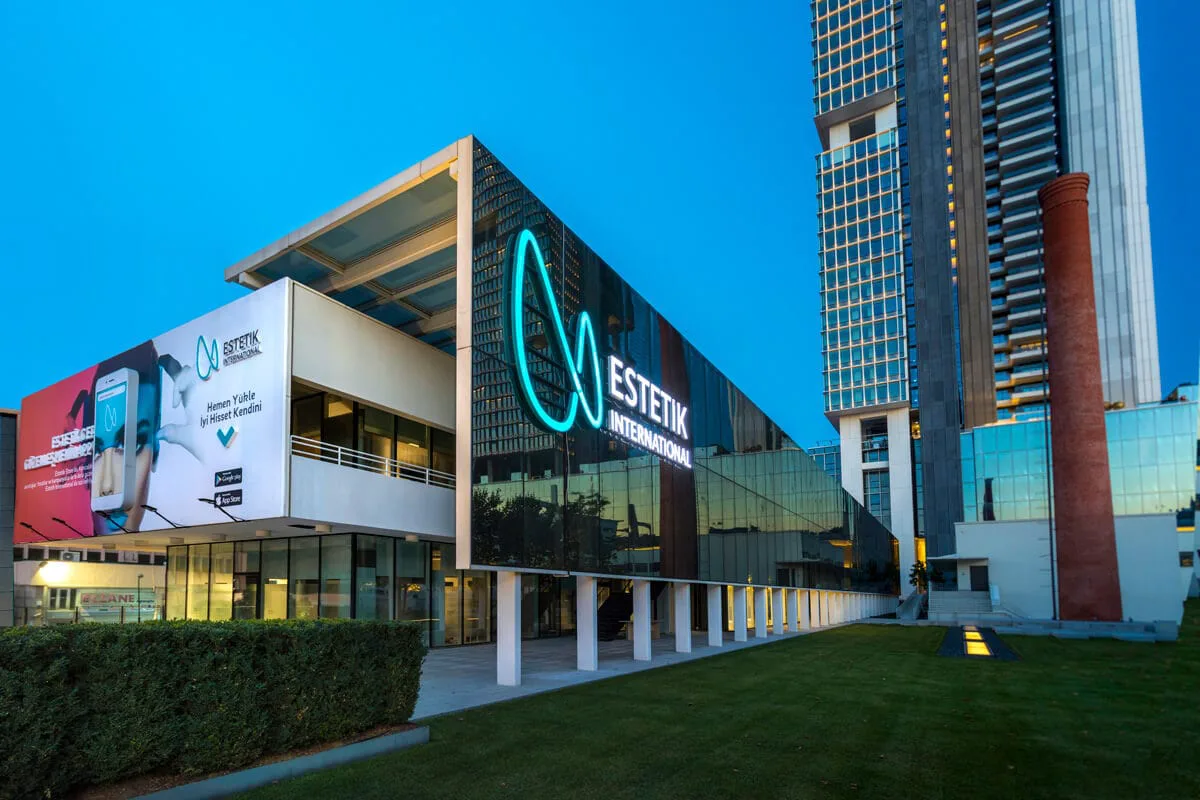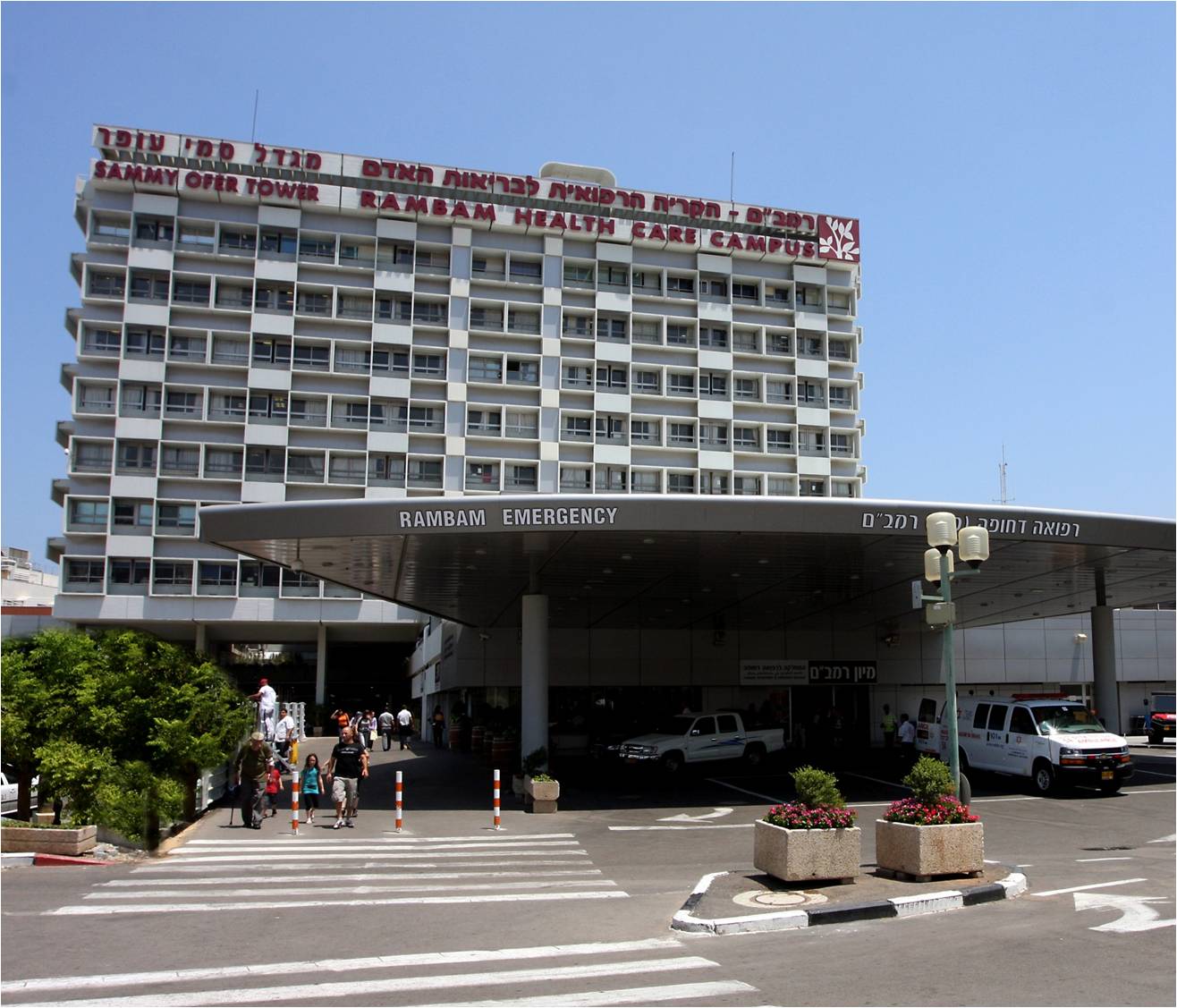We believe genetically-related intervention will become a novel, and potentially condition modifying oncological therapy uniquely designed to be the superior variants for people facing unmet needs. Such approaches, having the aim at the defective genes behind cancer, seek to correct or replace damaged genes, bolstering the body’s IS against malignity deviance.
Analyzing Cancer and Gene Therapy Chain
Such ailment is largely a result of malignant driven mutations in genes that affect the ability of the cellular structure to multiply. However, efforts to correct these genetic deformities by adding, substituting, or refining genetic elements in the cells of patients. It’s supposed to involve:
- interchanging defective gene sequences with functional ones;
- switching off genes that allow tumors to progress such as oncogenic genes;
- adding genes that help the body fight off cancer more effectively.
CAR-T Cell Opportunity: A Precise Stitch in a Critical Hour
A groundbreaking leap forward emerged is the application of Chimeric Antigen Receptor T-cell (CAR-T) therapy. In this, an individual’s T-cells are isolated further designed to recognize and destruct cancer cells before being returned to the patient. Those modified cells then seek out and disrupt cancerous progress. Encouraging trial outcomes have been documented, and some cases have demonstrated prolonged patient survival after genetic mutations cancer therapies.
Specific Modalities and Tailored Treatment
Gene therapy, apart from CAR-T, means targeted therapy against particular mutations cancer shows, specialists said. Taking benefits of tumor-focused genetical “maps”, therapies can attack these mutations selectively, while leaving non-cancerous cells untreated, strengthening accuracy in therapy.
Advances at Shenzhen Geno-Immune Institute
GIMI leads charge in innovative gene and immunological therapeutic methods for cancer. The institution disclosed clinical effectiveness of treating late stage cancers with its 4th Generation CAR-T platform, and the treatment for 1,000 patients based on GIMI protocol.
GIMI is working on allogeneic CAR-T constructs for multiple myeloma and combination immuno-therapies for melanoma, etc. Projects are desighned to strengthen access to gene-based therapies and to push its potency level higher.
Challenges of New Approaches and Opportunities for Improvements
It’s considered hopeful yet is not free from ambiguities.
- Economic and availability obstacles: These interventions are expensive and are inaccessible to many people.
- Adverse Reactions: Immune-based side effects and/or unexpected complications may be connected with bone marrow, depending on mechanisms of action of bone marrow.
- Long-Term Effects: More longitudinal studies are needed to detect long-term effects of these therapies.
Future Outlook
Cancer gene therapy is rapidly evolving, and efforts toward evolving more efficient, secure and pragmatic regimens are continuing. With as much as currently underway in the field of cancer genetics, gene therapy could soon provide more personalized, patient-specific cancer solutions to people worldwide.
What is gene therapy for cancer?
It involves changing a patient’s genes to help their body battle cancer or prevent it from progressing actively. It might include replacing sections of faulty genes with healthy ones, adding beneficial sequences or bolstering the body’s existing capacity to fend off cancer.
How successful is gene therapy for cancer?
Efficacy is dependent on cancer phase and kind of therapy used. Some people seem to make great strides, others less so. These are investigational treatments being studied in clinical trials.
Is gene therapy better than chemo-therapy?
It’s possible that the level of genomic damage may be directly correlated with the number and severity of side effects. Targeted genetic methods may be more specific for individual normal tissues and cause less systemic injury than chemotherapy. However, it is not universally effective and frequently requires adjunctive therapies. Tolerance is variable between patients.
Can gene editing help defeat cancer?
Gene editing tools like CRISPR are being studied in cancer treatments. By targeting certain gene sequences, the tools aim to correct mutations that cause cancer to grow. Although preliminary data are promising, further studies are needed to consolidate safety and efficacy profiles.











